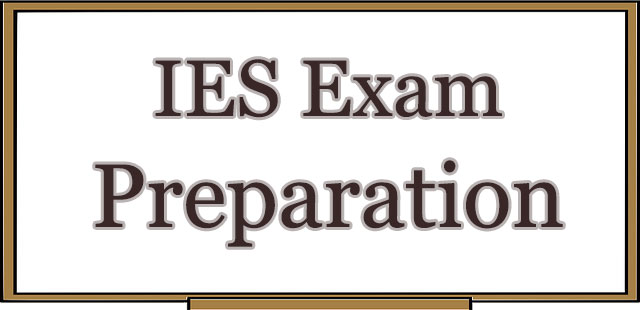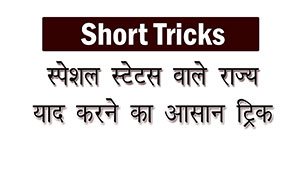-
IES Exam - Syllabus, Eligibility and Exam Pattern
Updated : 15-Jun-2017
Indian Engineering Exam are the civil services examinations that need technical and management skills for the required functional units of the Govt. of India. Recruitment is done on the basis of merit. UPSC gives the recommendations of the qualified candidates and govt. elect them on the desired roles like Indian Railways, Power, Telecommunications, Central Water engineering, Defence service of Engineers, Central Engineering Service, etc. It is also one of the touhest exam of India. IIT graduates are mostly toppers of this exam.
UPSC conducts this exam in written first and then interview is conducted for personality test. Candidates are recruited under four categories which are -
Eligibility Criteria for IES
- Candidate must be an Indian citizen or subject to Nepal or Bhutan
- Candidate must be between the age of 21 years to 30 years.
- Candidate must be graduate in Engineering from the recognized University.
IES Exam pattern
There will be two exams - Preliminery and Mains . Preliminery will be the objective one while Mains will be subjective. Both the exams will have 2 papers respectively.
Preliminery - Paper 1
General Studies & Engineering Aptitude - Objective - 2 hours - 200 marks
Engineering Discipline - Objective - 3 hours - 300 marks
Mains - Paper 1
Engineering Discipline - I - 3 hours - 300 marks
Engineering Discipline- II - 3 hours - 300 marks
IES Syllabus
General Studies & Engineering Aptitude
Basics of Energy and Environment : Conservation, environmental pollution and degradation, Climate Change, Environmental impact assessment
Basics of Project Management
Current issues of national and international importance relating to social, economic and industrial development
Engineering Aptitude covering Logical reasoning and Analytical ability
Engineering Mathematics and Numerical Analysis
General Principles of Design, Drawing, Importance of Safety
Standards and Quality practices in production, construction, maintenance and services
Basics of Material Science and Engineering
Ethics and values in Engineering profession
Information and Communication Technologies (ICT) based tools and their applications in Engineering such as networking, e-governance and technology based education.
Exams are mainly conducted in January and May for the preliminery and Mains respectively.
Aspiring candidates are requested to prepare thoroughly for the examination and give their best shot only after intensive preparation.














